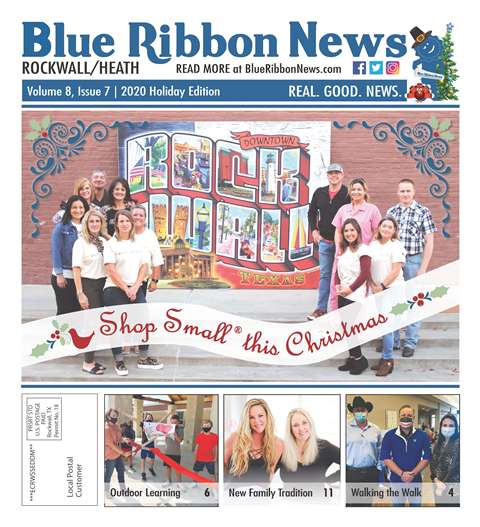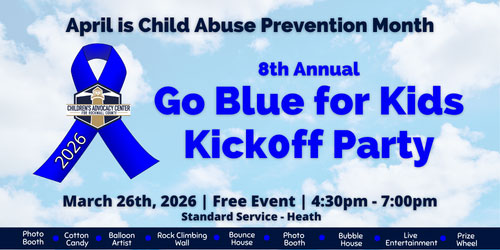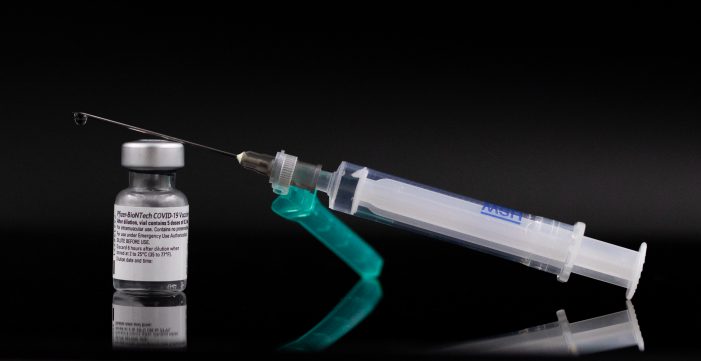ROCKWALL, TX – Jan. 21, 2021 — In week six of the COVID-19 vaccine distribution, the Texas Department of State Health Services reports more than one million people have received at least one dose of the vaccine.
The supply of vaccine is currently limited, but more vaccine is sent to Texas each week. DSHS expects the weekly vaccine allocations from the federal government will remain around the same level for the next few weeks as the new administration takes over the vaccine distribution process.
Headlines
- For this week, 260 Texas providers will receive 333,650 first doses of COVID-19 vaccine.
- Those providers include 77 hub providers that have agreed to operate public-facing programs that will increase public-facing vaccination and reach people surrounding communities.
- The number of hub providers expanded from 28 last week due to a larger availability of vaccine since the state has completed the requirement to set aside doses for the federal pharmacy-LTC partnership program.
- In the past week, Texas surpassed 1 million doses administered and 1 million people receiving their first dose, the first state to achieve each of those milestones.
- Residents in all 254 counties have been vaccinated.
- According to the latest information from Operation Warp Speed, the vaccine supply to Texas should remain steady for the next few weeks, and there is enough manufacturing capacity to ensure that booster doses will be available on time.
- Johnson & Johnson’s Janssen unit is expected to present data from its vaccine trials to the FDA in February for consideration of an emergency use authorization.
- California has recommended providers temporarily stop using vaccine from one particular lot of Moderna vaccine after seeing what was described at an unusual number of allergic reactions at one provider. After reviewing Texas’ data, there has been not been an unusual number of allergic reactions in Texas, so DSHS is recommending continuing to use that vaccine. That is consistent with CDC’s recommendation.
Vaccine Distribution and Administration
- As of Jan. 19, Texas providers have administered more than 1.3 million doses of COVID-19 vaccine.
- 18 million people have received at least one dose, and 177,000 are completely vaccinated with two doses.
- DSHS is allocating second/booster doses to providers to arrive in time to administer to recipients at the appropriate time (three weeks later for Pfizer; four weeks later for Moderna).
- DSHS has ordered more than 500,000 booster doses to be delivered this week.
Hub Sites
- Texas continues to supply vaccine to small providers in communities across the state.
- Most vaccine is being directed to 77 hub sites that will centralize provide more people the vaccine and a simpler way to sign up for an appointment.
- Hub providers agree to:
- Vaccinate people in the 1A and 1B priority groups.
- Vaccinate people regardless of where they live.
- Vaccinate equitably in the hardest hit areas and demographics.
- Use all doses each week.
- Promptly report the doses administered.
- Hub providers will continue to receive weekly allocations of vaccine so they can plan future vaccination efforts.
- The goal with the hub providers is to provide identifiable sites where people in priority populations can sign up to be vaccinated so they don’t have to call a long list of providers every week looking for vaccine. And to ensure those providers have a steady supply of vaccine.
Evergreen messages
- Information gathered in large-scale clinical trials and thoroughly reviewed by scientists at the FDA shows that the vaccines are safe and effective.
- Vaccine is in limited supply, and supply is expected to increase over the coming months as manufacturing and distribution ramp up and more vaccines are likely authorized by the FDA.
- The vaccines currently authorized require two doses for maximum protection, so people will need to get a second dose of the same vaccine three or four weeks later.
- The vaccine will be provided free of charge to anyone who wants it. For people with insurance, insurance will cover any fee to administer it by the provider. People without insurance won’t be charged.
- Getting vaccinated is voluntary, and people cannot be required to get the vaccine because it is being administered under an emergency use authorization, not as a fully licensed vaccine.
- People still need to take precautions like physical distancing and wearing a mask to help stop the spread of COVID-19 as people get vaccinated and we learn more about the immunity produced by the vaccines.
Priority populations
- Texas is vaccinating people in the Phase 1A and Phase 1B priority groups.
- Residents of long-term care facilities and front-line health care workers who interact directly with patients/clients.
- People over 65 years of age and those with medical conditions that put them at greater risk of hospitalization or death from COVID-19.
- More than 70 percent of COVID-19 deaths in Texas have occurred in people 65 and older, and scientific evidence shows that adults of any age with certain medical conditions have an increased risk of hospitalization and death if they get sick with COVID-19.
- This approach ensures that Texans at the most severe risk from COVID-19 can be protected across races and ethnicities and regardless of where they work.
Federal Pharmacy Partnership for Long-Term Care Program
- The CDC is partnering with national pharmacy chains to offer on-site COVID-19 vaccination services for residents of nursing homes and assisted living facilities. The participating pharmacies are responsible for scheduling visits directly with the long-term care facilities enrolled in the program.
- As of Jan. 19, more than 125,000 people in Texas have been vaccinated through the program, and the effort continues.
Vaccine Information
- View the FDA’s fact sheets for recipients and caregivers: Pfizer | Moderna
- The Moderna vaccine is available in minimum orders of 100, ships frozen, and can be stored for up to 30 days in a refrigerator.
- The Pfizer vaccine ships and is stored at ultra-cold temperatures of -80°C, and can be stored for up to five days in a refrigerator.
- Pregnant and breastfeeding women should discuss their options with their health care provider.
- The CDC recommends that the vaccine be offered to people regardless of whether they have a history of COVID-19 infection.
- People in active infections should wait until their
- Vaccine is given as an injection into the muscle in a series of two doses given three weeks apart (Pfizer) or four weeks apart (Moderna).
- Side effects include fatigue, headache, fever, chills, nausea, muscle pain and joint pain. These side effects show that the vaccine is working and resolve within a day or two.
- Vaccine recipients should be monitored for at least 15 minutes for a more serious allergic reaction. People who have a history of severe allergic reactions should be monitored for 30 minutes.
- Recipients will get a vaccination card showing which vaccine and lot number they received and when they should return for a second dose.
- Providers should encourage recipients to use V-safe, a smartphone based tool from the CDC that provide personalized health check-ins by text and web survey.
Vaccine Providers
- As of Jan. 19, more than 9,000 locations in more than 246 counties have enrolled to be a vaccine provider in Texas, with another 2,300 enrollments in progress.
- Health care providers must enroll as a COVID-19 vaccine provider to be eligible to receive the vaccine.
- Providers include medical practices, pharmacies, hospitals, long-term care facilities, health centers, health departments, correctional facilities, and others.
- Vaccine will be provided at no cost by the CDC and shipped directly to vaccine providers along with supplies needed to administer it, such as syringes, needles, etc.
Vaccine Information Resources
DSHS main Vaccine Information page
Texas Vaccine Provider Location Map
Submitted press release.
 Our print edition is delivered free to ~15,500 homes in Rockwall and Heath, TX.
Our print edition is delivered free to ~15,500 homes in Rockwall and Heath, TX.
To share your good news and events, email editor@BlueRibbonNews.com.
Subscribe to our email newsletter here.
Advertising: 214-342-8000 or advertising@BlueRibbonNews.com.







